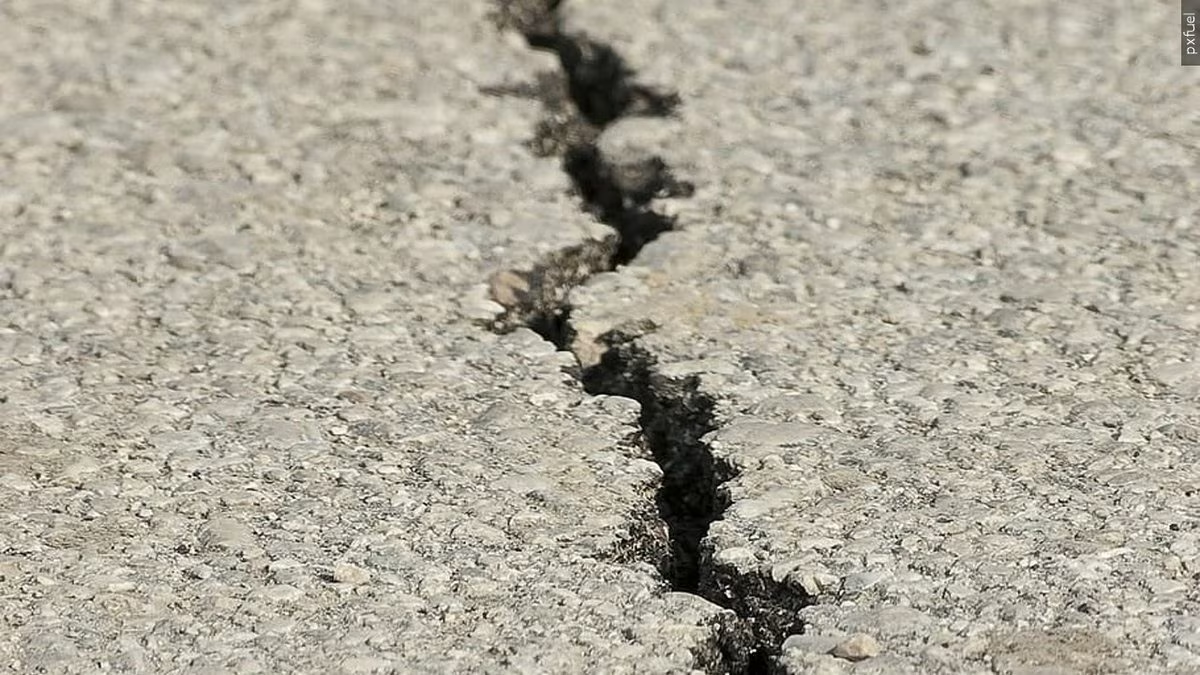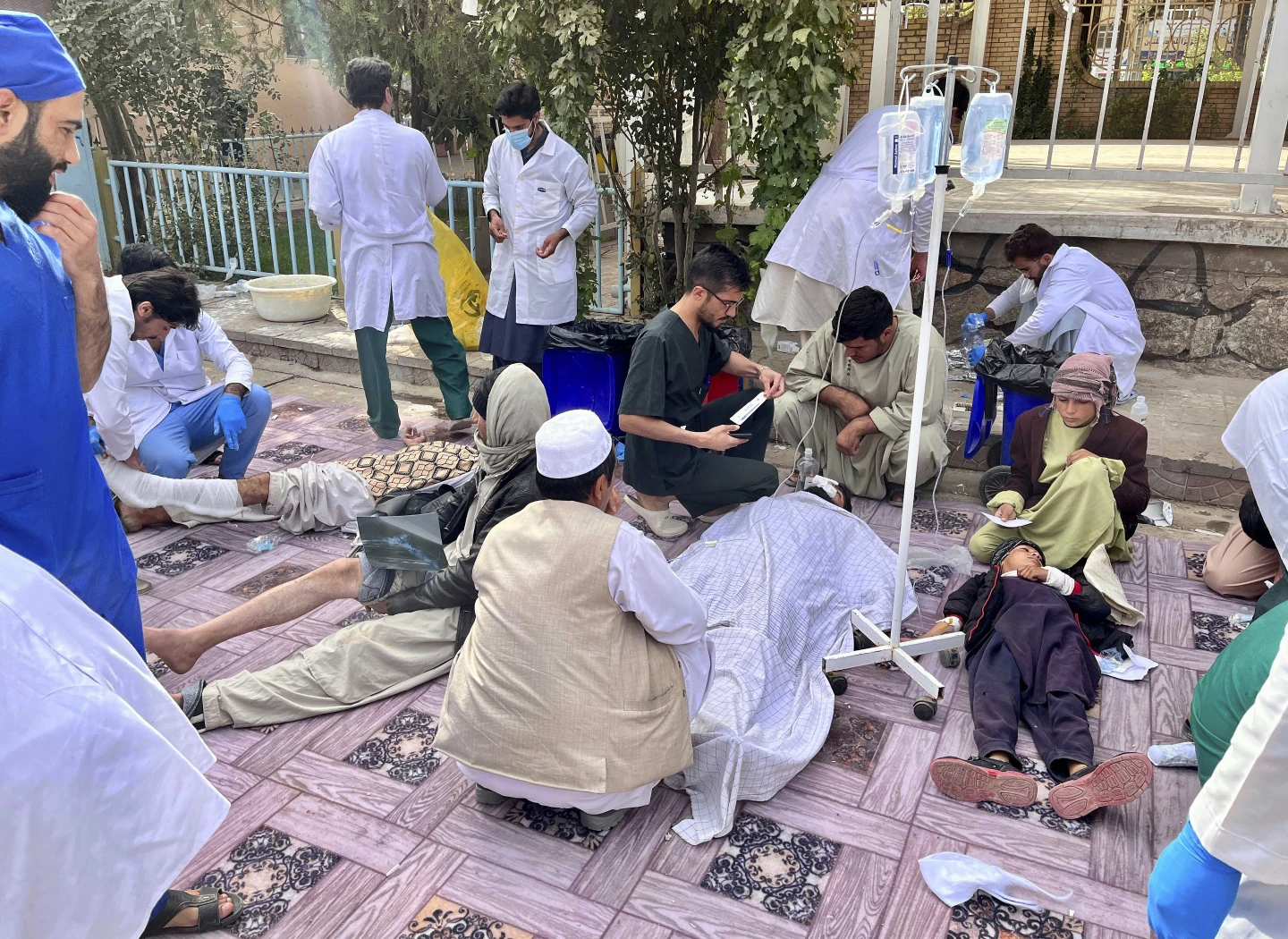Massive 6.3 Magnitude Earthquake Strikes Western Afghanistan
A powerful 6.3-magnitude earthquake strikes Western Afghanistan early Sunday just over a week after strong quakes and aftershocks killed thousands of people and flattened entire villages in the same province.
Author:Hajra ShannonReviewer:Paula M. GrahamOct 15, 20233.6K Shares151.8K Views

A powerful 6.3-magnitude earthquake strikes Western Afghanistanearly Sunday just over a week after strong quakes and aftershocks killed thousands of people and flattened entire villages in the same province.
The 6.3 magnitude quake struck just over a week after a series of strong temblors and aftershocks, leaving thousands dead and entire villages flattened.
The U.S. Geological Survey said the latest quake’s epicenter was about 34 kilometers (21 miles) outside Herat, the provincial capital, and eight kilometers (five miles) below the surface.
Sunday's Shocking Earthquake
The U.S. Geological Survey reported that the latest earthquake had an epicenter approximately 34 kilometers (21 miles) outside Herat, the provincial capital.
Remarkably, it occurred just eight kilometers (five miles) beneath the Earth's surface, making its impact even more devastating.
The humanitarian situation in the region continues to deteriorate rapidly. Save the Children, an international aid organization, confirmed the loss of four lives and reported that Herat Regional Hospital has received 153 injured individuals.
The Baloch area in the Rabat Sangi district faced utter devastation, with entire villages reduced to rubble. While authorities provided lower casualty numbers, the ground reality indicates a severe tragedy.
“„This earthquake was preceded by three other M 6.3 earthquakes in the previous days.- U.S. Geological Survey
“„One M6.3 occurred on October 11th, and two others occurred about 30 minutes apart on October 7th.- U.S. Geological Survey
A City In Despair
Sayed Kazim Rafiqi, a 42-year-old resident of Herat city, expressed the horror that has gripped the region. He conveyed that he had never witnessed such widespread devastation, with the majority of houses damaged and people gripped by terror.
In response, Rafiqi and numerous other concerned individuals rushed to the hospital to donate much-needed blood.
The recent earthquakes on October 7 left a trail of destruction, particularly in the Zenda Jan district, which bore the brunt of the catastrophe.
U.N. officials shared a heartbreaking statistic: over 90% of the casualties from the earlier quakes were women and children. The Taliban reported that more than 2,000 people lost their lives across the province.
A Continuing Struggle
The initial earthquake, followed by a series of powerful aftershocks and now the 6.3-magnitude quake, has brought unprecedented devastation to the region.
Entire villages were flattened, with hundreds of mud-brick homes crumbling under the relentless force of nature. Schools, health clinics, and other essential facilities also succumbed to the tremors.
Beyond the heart-wrenching scenes of rubble and somber funerals, there is little left of the once-thriving villages in this arid region. Survivors are grappling with the profound loss of multiple family members.
In many places, the number of volunteers aiding in search and recovery efforts now exceeds the population of living residents.
The situation remains grim as authorities and humanitarian organizations mobilize to address the escalating crisis in western Afghanistan.
Our thoughts are with the affected communities as they endure the profound loss and devastation caused by these catastrophic earthquakes.
Final Words
In the wake of a devastating series of earthquakes in western Afghanistan, the region continues to grapple with the aftermath of widespread destruction and loss of life.
The most recent 6.3-magnitude earthquake further compounds the humanitarian crisis, with casualties and injuries reported.
The resilience and solidarity of local communities, along with international aid efforts, play a critical role in addressing the urgent needs of those affected
As Afghanistan faces the challenges of rebuilding shattered communities, the world watches with empathy and support, hoping for a swift recovery in the face of such tragedy.

Hajra Shannon
Author

Paula M. Graham
Reviewer
Latest Articles
Popular Articles
